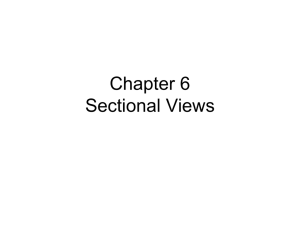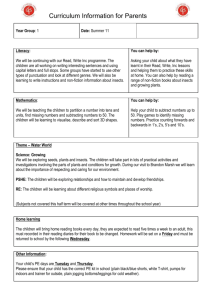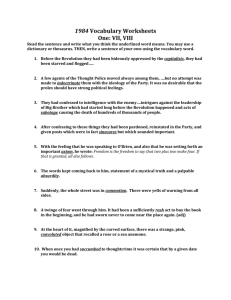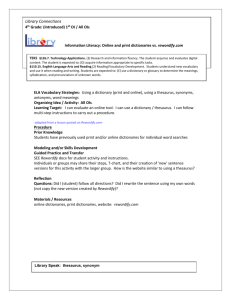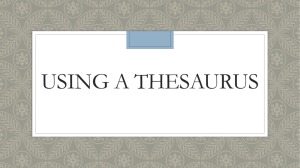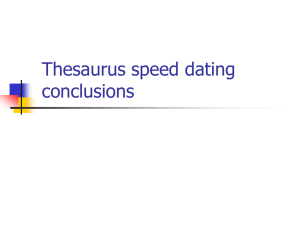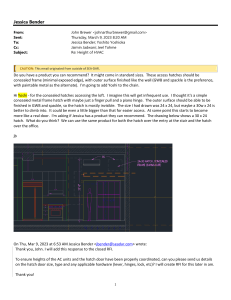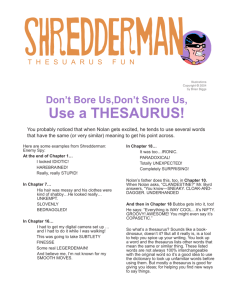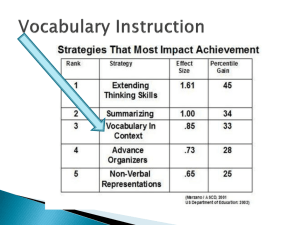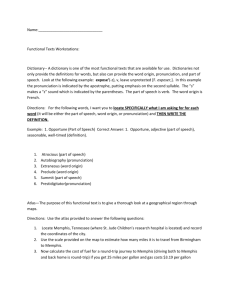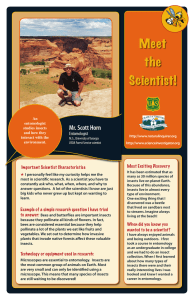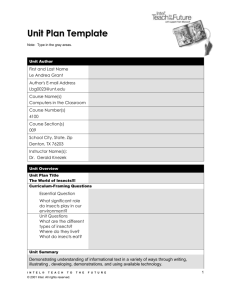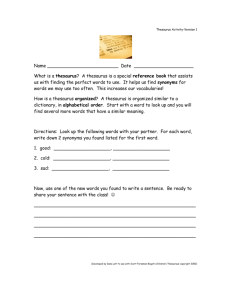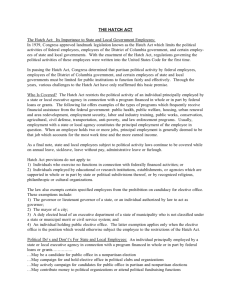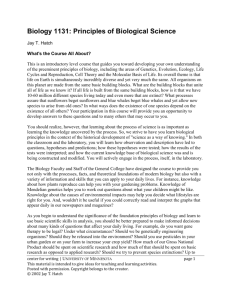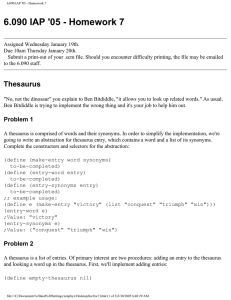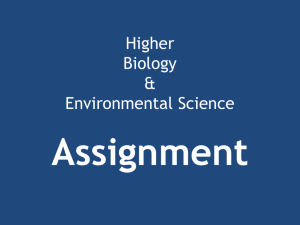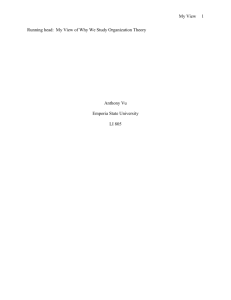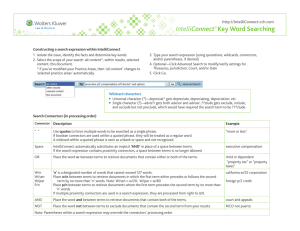There are 3 suggested types of classroom vocabulary tests to measure
advertisement
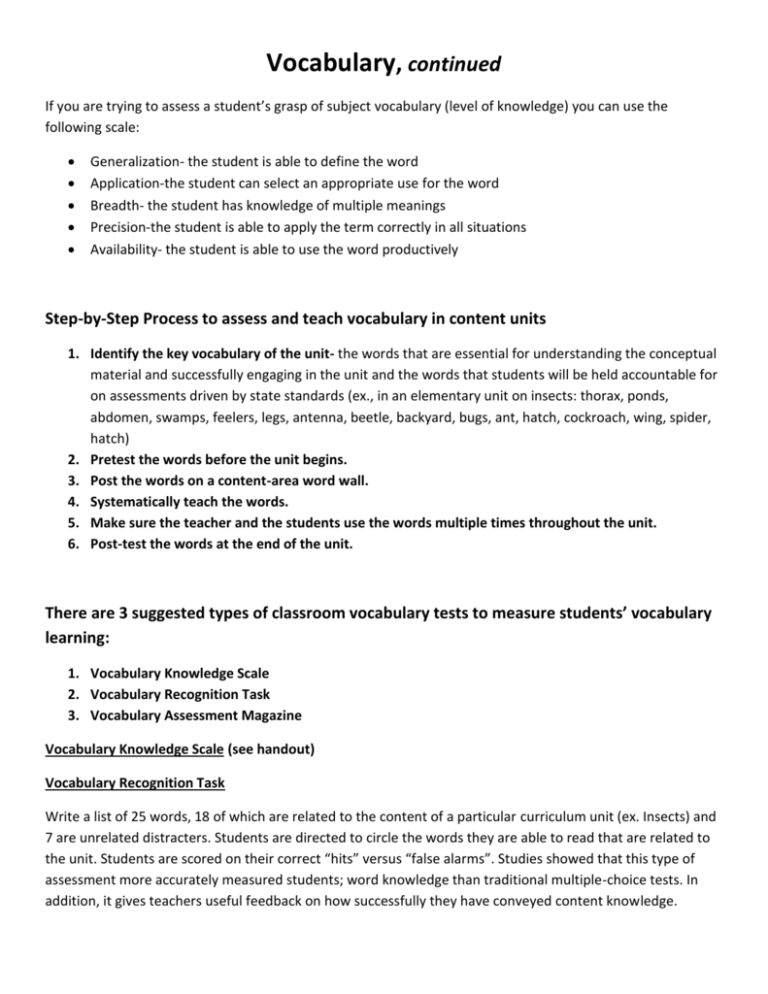
Vocabulary, continued If you are trying to assess a student’s grasp of subject vocabulary (level of knowledge) you can use the following scale: Generalization- the student is able to define the word Application-the student can select an appropriate use for the word Breadth- the student has knowledge of multiple meanings Precision-the student is able to apply the term correctly in all situations Availability- the student is able to use the word productively Step-by-Step Process to assess and teach vocabulary in content units 1. Identify the key vocabulary of the unit- the words that are essential for understanding the conceptual material and successfully engaging in the unit and the words that students will be held accountable for on assessments driven by state standards (ex., in an elementary unit on insects: thorax, ponds, abdomen, swamps, feelers, legs, antenna, beetle, backyard, bugs, ant, hatch, cockroach, wing, spider, hatch) 2. Pretest the words before the unit begins. 3. Post the words on a content-area word wall. 4. Systematically teach the words. 5. Make sure the teacher and the students use the words multiple times throughout the unit. 6. Post-test the words at the end of the unit. There are 3 suggested types of classroom vocabulary tests to measure students’ vocabulary learning: 1. Vocabulary Knowledge Scale 2. Vocabulary Recognition Task 3. Vocabulary Assessment Magazine Vocabulary Knowledge Scale (see handout) Vocabulary Recognition Task Write a list of 25 words, 18 of which are related to the content of a particular curriculum unit (ex. Insects) and 7 are unrelated distracters. Students are directed to circle the words they are able to read that are related to the unit. Students are scored on their correct “hits” versus “false alarms”. Studies showed that this type of assessment more accurately measured students; word knowledge than traditional multiple-choice tests. In addition, it gives teachers useful feedback on how successfully they have conveyed content knowledge. Vocabulary Assessment Magazine Students read brief passages followed by open-ended question and then are asked to draw and label two different aspects of the content they have been learning. Studies showed that this assessment accurately measured students’ vocabulary gains after a unit of instruction. Additional Vocabulary Resources/Strategies Vocabulary games and activities can be found at http://vocabulary.com/ There is an interactive virtual thesaurus available at http://plumbdesign.com/thesaurus/ Great website with excellent links (Literacy Matters) http://www.literacymatters.org/content/readandwrite/vocab.htm#tools Lots of background research on vocabulary and great links http://www.cobbk12.org/Cheathamhill/LFS%20Update/Vocabulary%20and%20Word%20Walls.htm *Compiled from multiple sources but mostly “Contemporary Classroom Vocabulary Assessment for Content Areas” by Katherine Dougherty Stahl and Marco Bravo in The Reading Teacher, April 2010 (Vol. 63, #7, p.566578)
